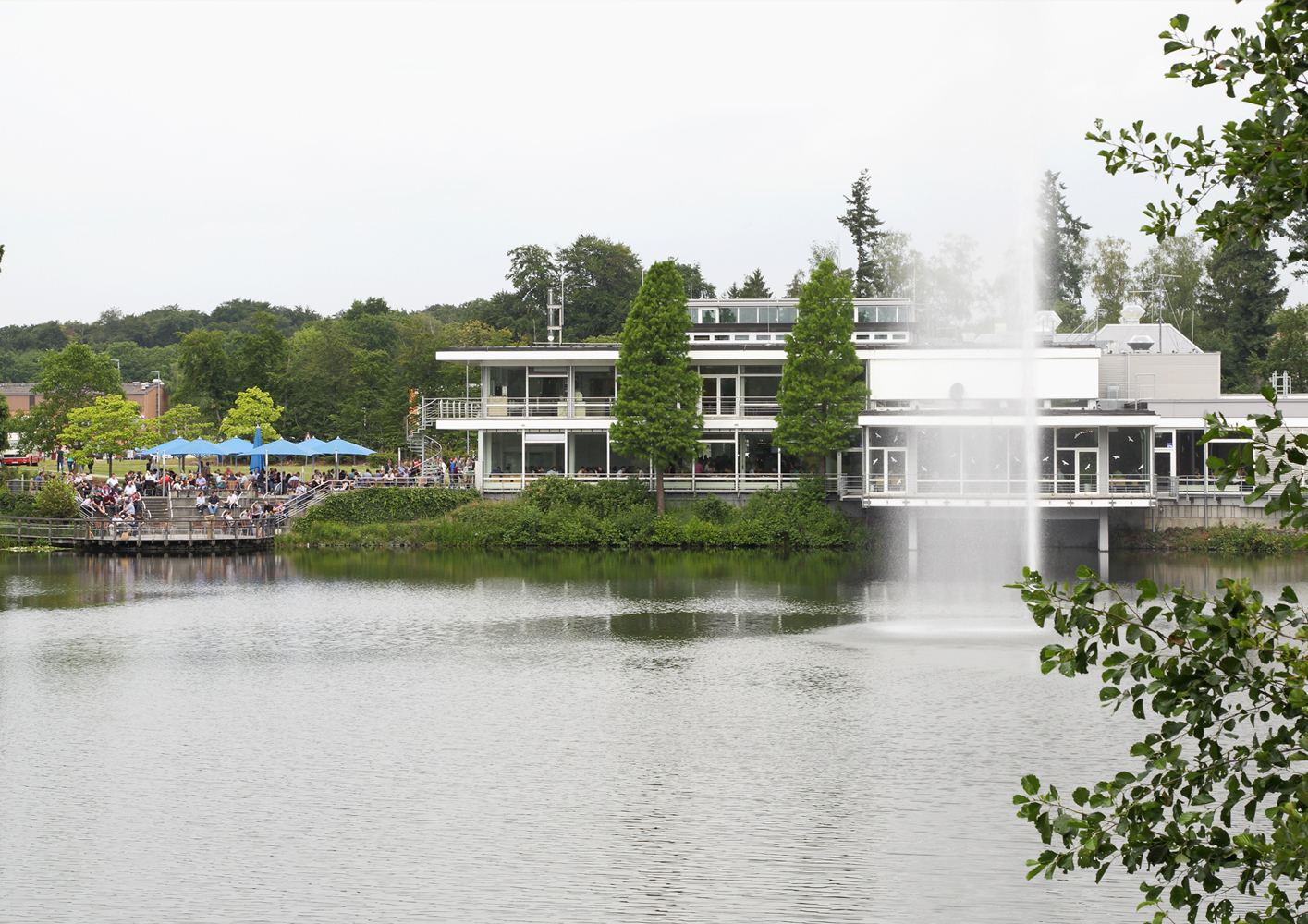Dates:
Monday 28 – Wednesday 30 May, 2018
Venue: Forschungszentrum Jülich, Germany
Conference Website: www.
Registration: www.
This conference is organized jointly by the partners of the projects
Quantum Sorter – A new Measurement Paradigm in Electron Microscopy (H2020-FETOPEN)
Science and Applications of Electron Wavefunctions Shaped and Manipulated
by Engineered Nanoholograms (Deutsch-Israelische Projektkoocperation grant) with the support of Forschungszentrum Jülich.
Organisers:
Vincenzo Grillo (Modena, Italy)
Rafal Dunin-Borkowski (Jülich, Germany)
Ady Arie (Tel-Aviv, Israel)
Overview:
This conference aims to address challenges and opportunities in electron beam shaping and its applications. It will showcase cutting-edge theoretical and experimental developments in the form of invited plenary talks and contributed presentations and include space for product displays. There will be opportunities for networking and discussion, as well as an edit-a-thon, an interdisciplinary workshop and a webinar. Topics sought for the program include (but are not limited to):
– Coherent manipulation of electron wavefunctions by light interaction and matter, possibly inspired by recent progress in light (quantum) optics, to produce functional electron waveforms.
– Studies of the foundational aspects of quantum physics and their applications to materials science.
– Ideas and methods for near-interaction-free and dose-effective imaging of matter.
Invited speakers:
Johan Verbeeck
Benjamin McMorran
Ido Kaminer
Javier García de Abajo
Mark Kasevich
Claus Ropers
Peter Hommelhoff
Peter Kruit
Scientific motivation:
Electron beams are highly flexible and powerful probes of matter that can be shaped in both the spatial and the temporal domain. In addition to the traditional focusing of electron beams by electromagnetic lenses in electron microscopes, new technologies for electron beam shaping are being inspired by light optics, quantum optics and accelerator physics, including the use of nanofabricated holograms, novel photocathodes and alternative electron-optical configurations. In particular, frontier results in light optics offer some of the most promising new concepts for imaging with electrons.
New electron beam shapes include vortex beams, self-accelerating Airy beams and non diffracting Bessel beams. Electron beam shaping is being used to correct electron microscope lens aberrations, propose alternative contrast mechanisms, improve spatial resolution using super-oscillating wave functions, control electron spin and enable diffraction phase measurements. Innovative electron-optical configurations are also being developed for the measurement of electrons in different quantum bases (e.g., orbital angular momentum), thereby providing a form of highly efficient hardware compressed sensing, as well as opportunities for near-interaction-free imaging of electron-beam-sensitive materials.
Furthermore, light-electron interactions offer interesting approaches for shaping electron beams by means of the Kapitza-Dirac effect and accelerating them using laser-pumped nano-fabricated dielectric structures. Research is also being carried out into the production of coherent light using electrons (based on Smith-Purcell and transition radiation, Cherenkov processes and coherent Bremsstrahlung), while time-energy domain interference is being demonstrated using pump probe experiments.
1 – Edit-a-thon
Duration: 2:00 h
Location: Jülich (internet connection, 20 seats)
The goal of this event is to edit and update descriptions in Wikipedia of concepts such as electron vortex beams, two slit experiments with electrons and synthetic holography, where information gaps currently exist.
2 – Science pub
Duration: ?
Location: Maastricht?
This event will help the public to connect and engage with science. It will feature Prof. Peter Peters, who will speak about cryo electron microscopy. It will be free to anyone interested in attending.
3 – Interdisciplinary workshop and webinar
Duration: 1 hour
Location: Julich
This will be the first in a series of interdisciplinary workshops and webinars aimed at promoting dialogue between the physics and biology/biochemistry communities. It will provide an opportunity for mutual learning mentored by senior scientists, in order to exchange ideas for furthering joint research and establishing a common language.
Submission guidelines:
3 page extended abstracts should be submitted online at www…. (using Jülich’s website management system).
Templates are available here:
docx Kit
LaTeX Kit
Contributions should be original and should not have been published or submitted elsewhere. They will be reviewed and selected by the scientific programme committee. They will have a CCBYNCND licence with open access, available shortly after the conference.
Please note that reviewing will be double blind. Therefore, please do not include authors’ names and affiliations or references to websites and project names that would reveal authors’ identities. Self-referencing should also be avoided. For instance, instead of “We previously showed (Brown, 2001)…”, please use phrases such as “Brown (2001) previously showed …”. Each submitted contribution will be assessed by two reviewers.
Important dates:
– Submission of 3 page extended abstracts: 28 February 2018
– Response to authors: 16 March 2018
– Camera ready versions: 16 April 2018
Scientific programme committee:
Ady Arie, ady@eng.tau.ac.il
Rafal Dunin-Borkowski, rdb@fz-juelich.de
Stefano Frabboni, stefano.frabboni@unimore.it
Vincenzo Grillo, vincenzo.grillo@cnr.it
Contact Point:
Vincenzo Grillo, vincenzo.grillo@cnr.it
Steering committee:
Luca Marco Carlo Giberti, lmcg@qedproductions.co.uk
Raffaella Santucci, raffaella@qedproductions.co.uk
Local administrative support:
Marie Göcking, m.goecking@fz-juelich.de
Registration:
The conference will be free of charge, but places are limited.
Coffee breaks, lunches and dinners will be provided.
Participants will be responsible for their own travel and hotel costs.
Please register and indicate your hotel preferences at [LINK] before May 21, 2018.
Dates: Monday 28 – Wednesday 30 May, 2018
Venue: Forschungszentrum Jülich, Germany


